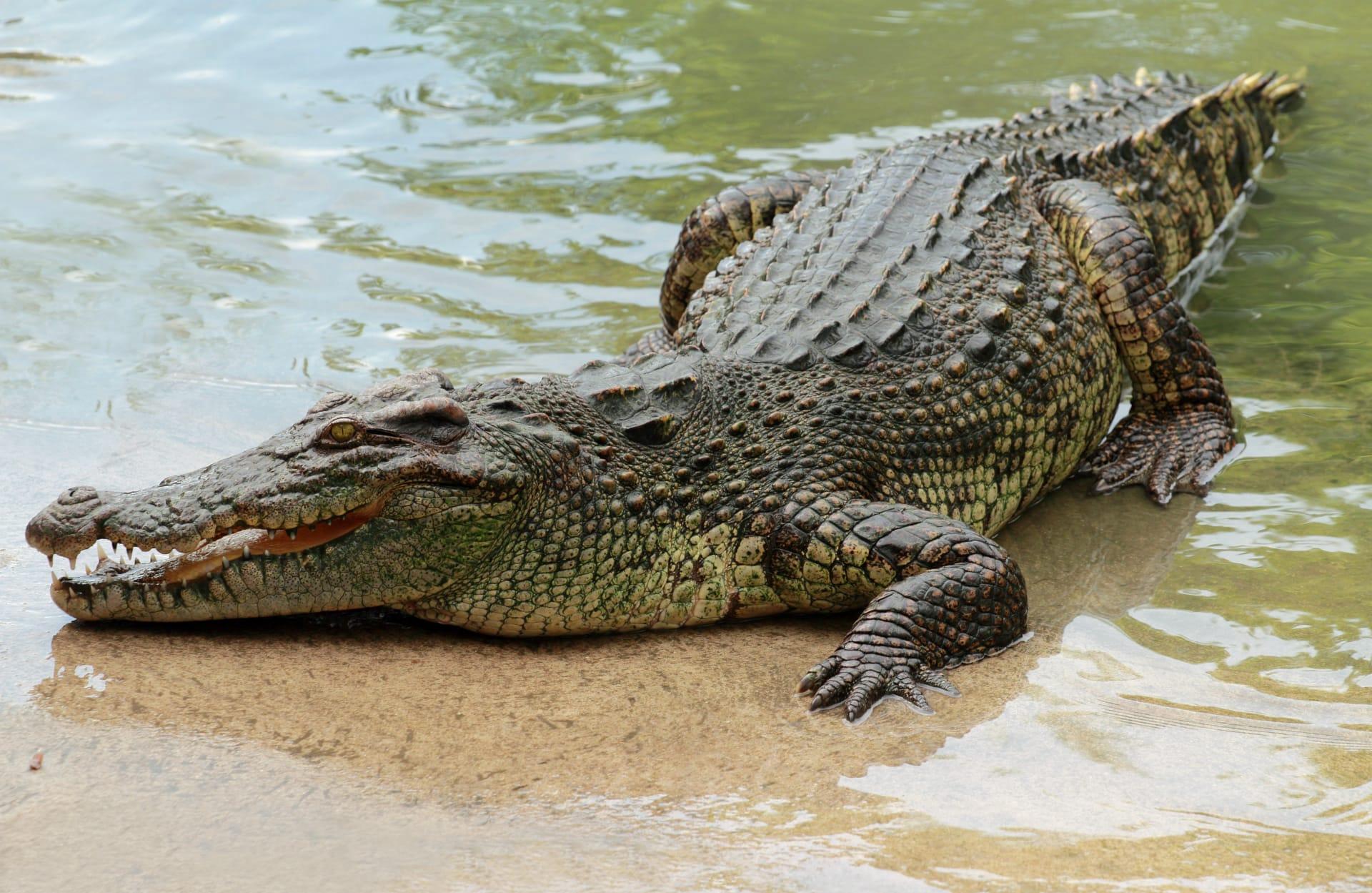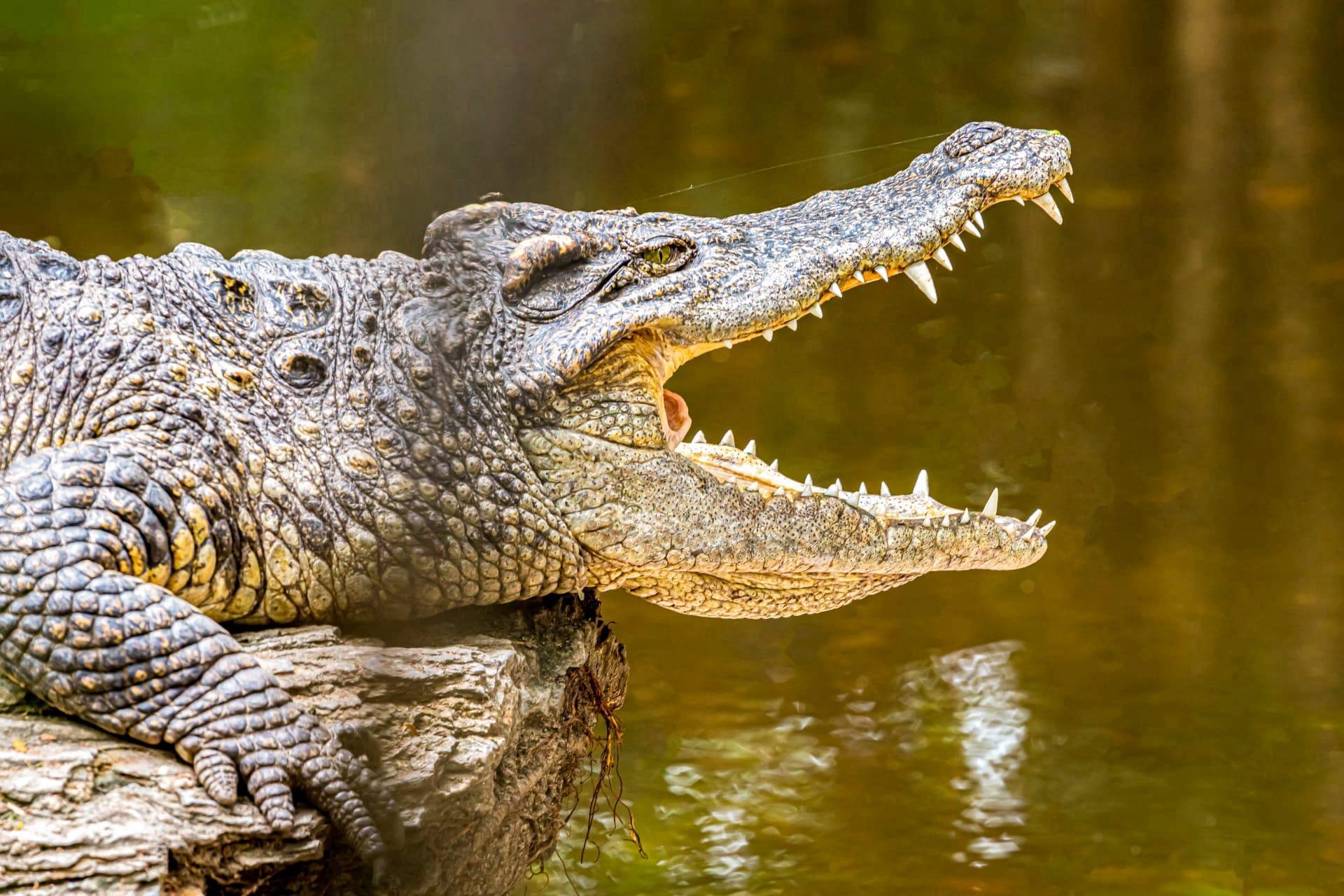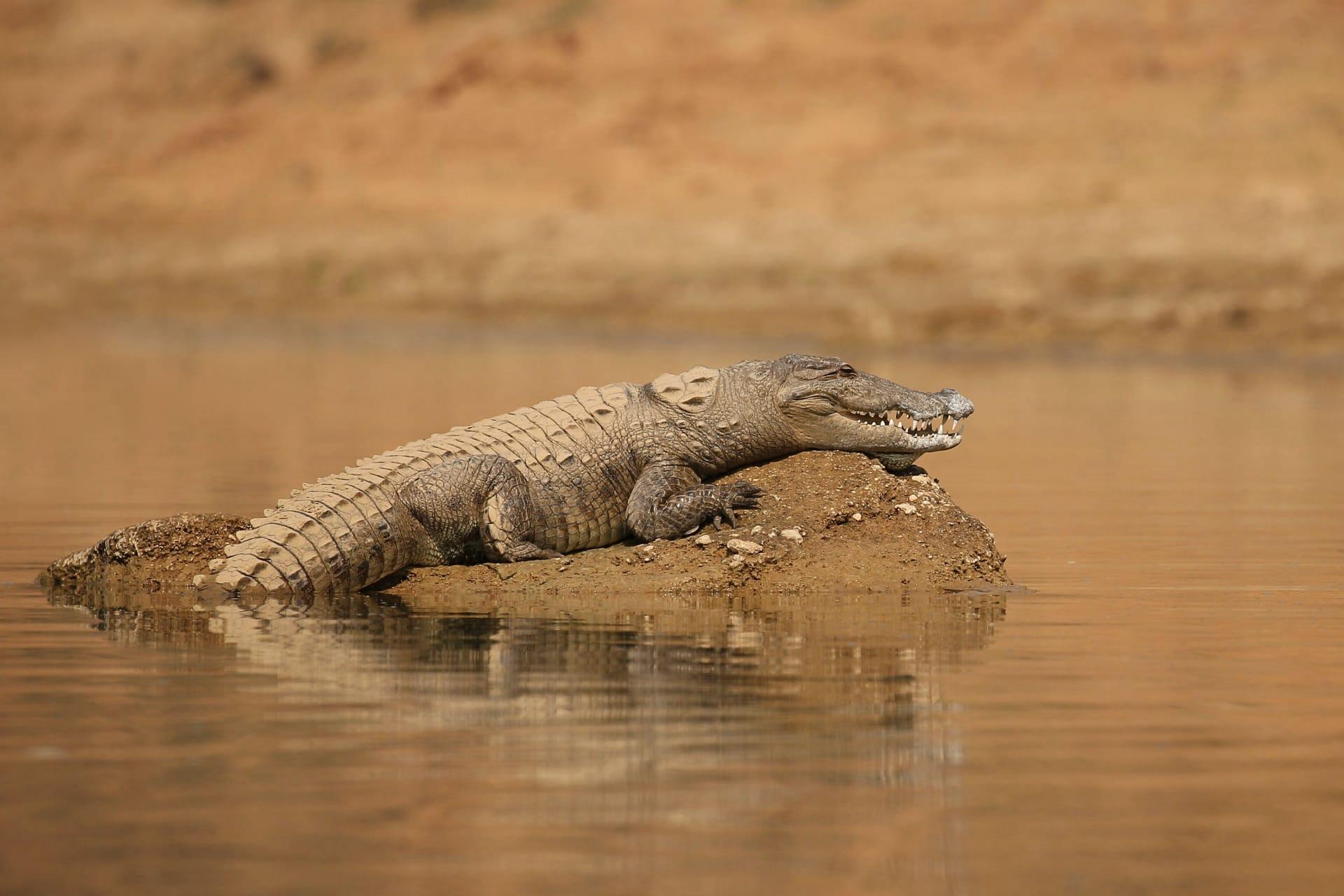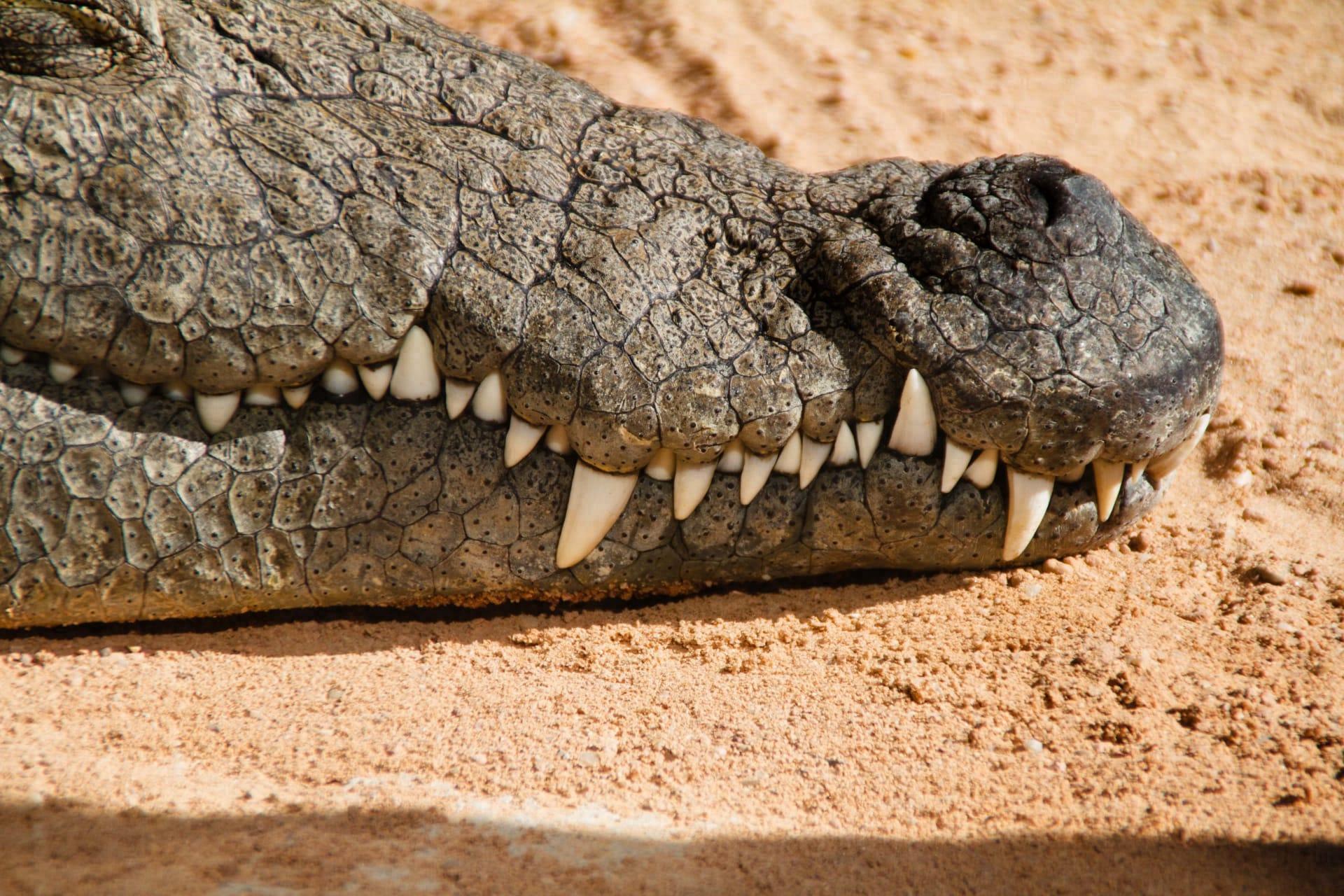Crocodile Trivia
- Home /
- Trivia Question /
- Animal /
- Crocodile Trivia
1
Question: How long can crocodiles live?
Answer: Crocodiles are known for their impressively long lifespans. On average, a crocodile can live anywhere between 70 to 100 years, with the oldest recorded crocodile, named Mr. Freshie, living up to an estimated 140 years! This longevity is attributed to their slow metabolism and ability to survive long periods without food.
Question: What's the maximum size a crocodile can grow to?
Answer: Crocodiles are among the largest reptiles in the world. The Saltwater Crocodile, the largest of all living reptiles, can grow up to 23 feet in length and weigh as much as 2,200 pounds. These massive sizes are a result of their carnivorous diet, slow growth over many years, and lack of natural predators once they reach a certain size.

2
Question: Can crocodiles really cry 'crocodile tears'?
Answer: The phrase 'crocodile tears' refers to expressing insincere sorrow, but do crocodiles actually cry? Well, crocodiles do have lachrymal glands and can produce tears, but not as an emotional response. These tears help to clean their eyes and get rid of excess salt. So, while they do 'cry,' it's not for the reasons we might think.
Question: Are crocodiles dinosaurs?
Answer: It's a common misconception that crocodiles are dinosaurs. In reality, crocodiles are not dinosaurs but are closely related. They are part of a group called Archosaurs, which also includes dinosaurs and birds. Crocodiles have been around for over 200 million years, surviving the mass extinction that wiped out the dinosaurs.

3
Question: How fast can a crocodile run?
Answer: Crocodiles may seem sluggish, but they can be surprisingly fast, especially in short bursts. On land, they can reach speeds up to 11 mph (17.7 km/h), albeit for a short distance due to their sprawling gait. In water, they are even faster, utilizing their powerful tails to propel themselves at speeds up to 20 mph (32 km/h).
Question: Do crocodiles have a strong bite?
Answer: Absolutely! Crocodiles have one of the strongest bites in the animal kingdom. Their jaw strength is phenomenal, with the Saltwater Crocodile's bite force being measured at about 3,700 pounds per square inch (psi), which is like having a small car clamped down on you! This incredible bite force is essential for their predatory lifestyle, allowing them to catch and hold onto their prey.

4
Question: What do crocodiles eat?
Answer: Crocodiles are opportunistic apex predators. Their diet mainly consists of fish, birds, mammals, and occasionally smaller crocodiles. Their powerful jaws and sharp teeth allow them to tackle large prey like buffalo, deer, and even sharks. Young crocodiles start off eating smaller creatures like insects and amphibians, gradually moving to larger prey as they grow.
Question: Can crocodiles live in both saltwater and freshwater?
Answer: Yes, some species of crocodiles can live in both saltwater and freshwater. The most notable is the Saltwater Crocodile, found in parts of Southeast Asia and Australia. They have specialized glands in their tongues to excrete excess salt, allowing them to thrive in various aquatic habitats. However, most crocodile species prefer freshwater environments like rivers, lakes, and wetlands.

5
Question: How do crocodiles communicate?
Answer: Crocodiles have a range of communication methods. They use different sounds like hisses, grunts, and bellowing to convey messages, especially during mating season. They also communicate non-verbally through body language like head-slapping on water and displaying their teeth. This communication is crucial for territory establishment, mating rituals, and warning off potential threats.
Question: Do crocodiles take care of their young?
Answer: Contrary to their fierce reputation, crocodiles exhibit parental care. Female crocodiles guard their nests vigorously and help the young hatch by gently cracking the eggs in their mouths. Post-hatching, the mother carries her babies to water in her mouth and continues to protect them from predators for several months, showcasing a softer side to these formidable reptiles.